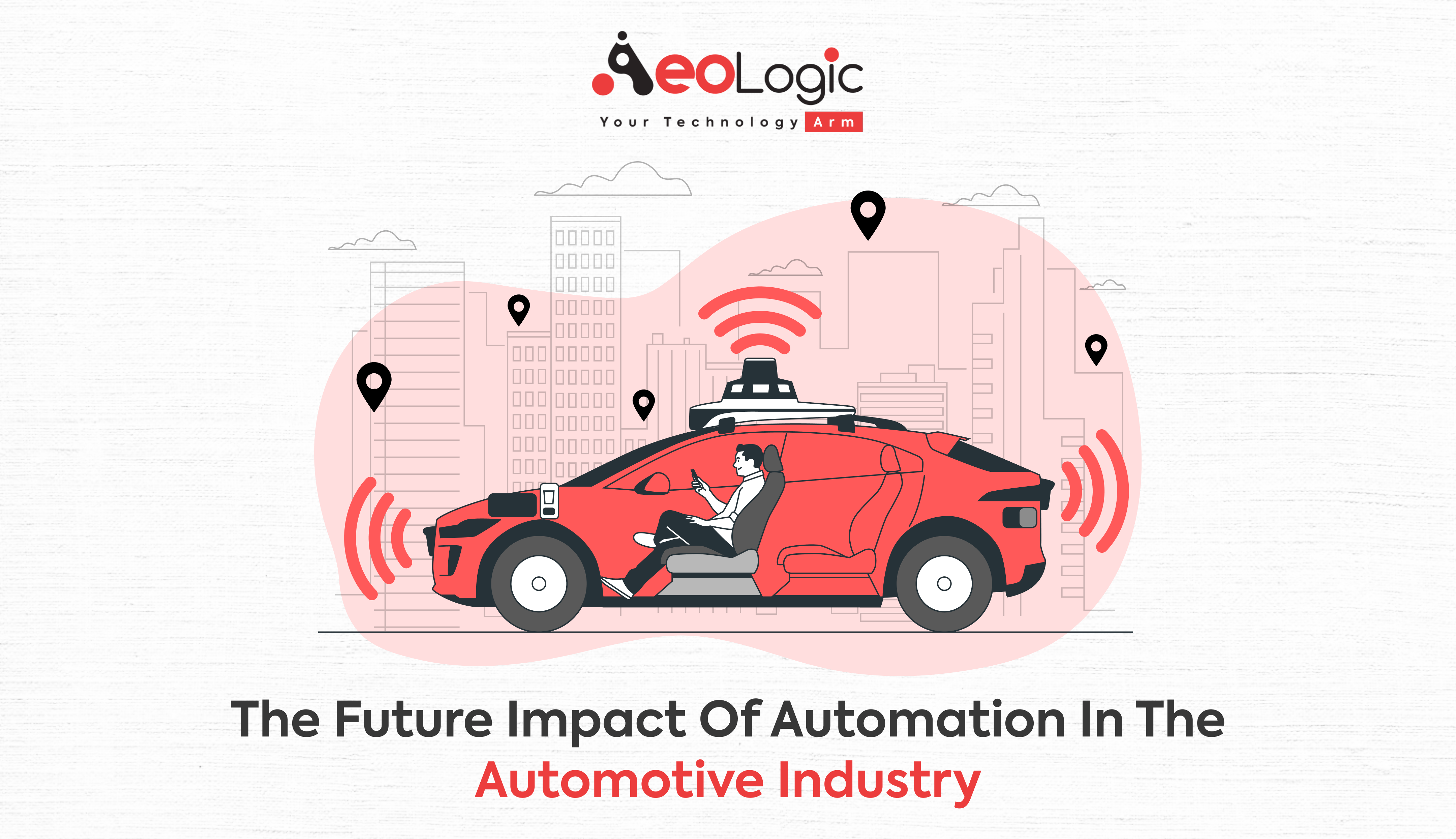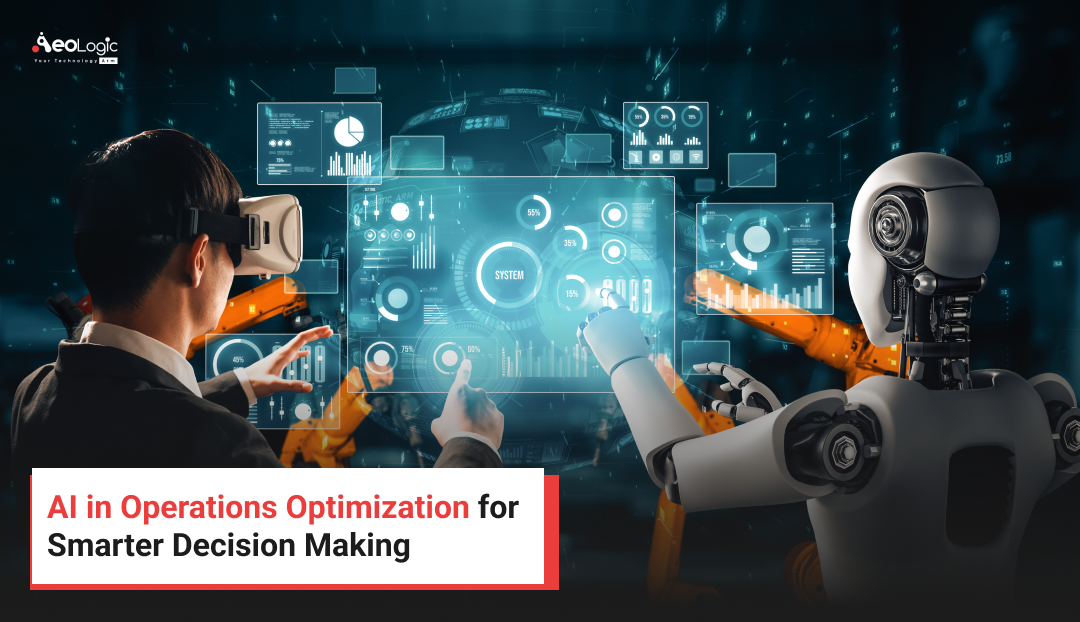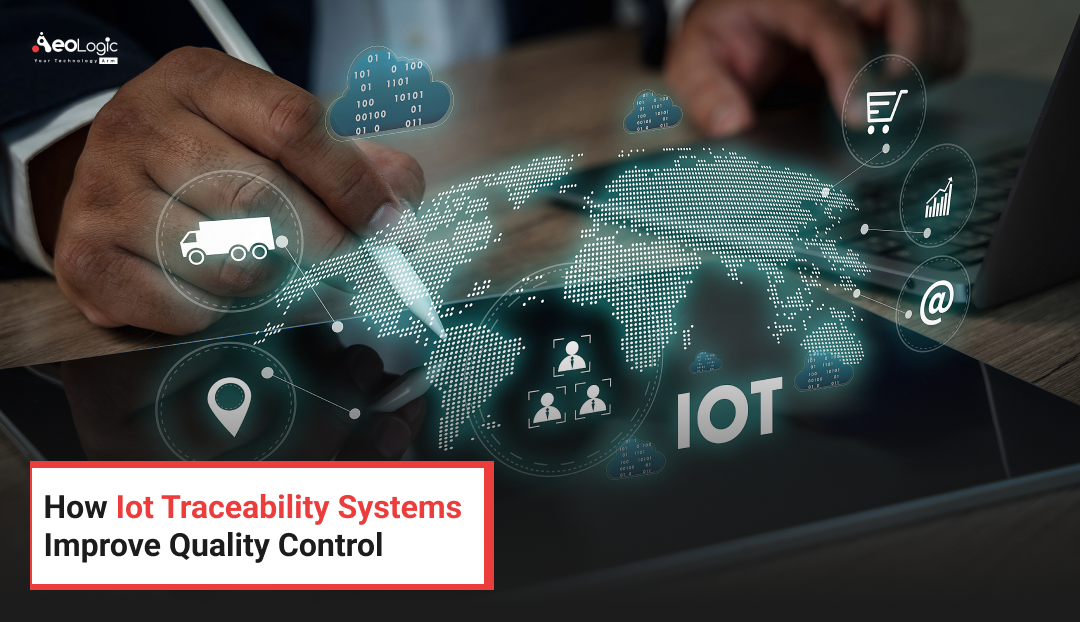As we peer into the crystal ball of the future, one thing is startlingly clear: automation is set to completely revolutionize the automotive industry. The impact of automation in the automotive industry will be profound and multi-faceted. But what does that mean for you and me?
Fasten your seat belts. The automotive industry is driving at full speed toward a future sculpted by the hands of automation. Imagine cars as your personal chauffeurs, whisking you to your destination while you catch up on your favorite show. It’s not a scene from a sci-fi movie it’s the future of automobiles.
The wheels of this transformation are already turning, powered by AI, robotics, and IoT. Assembly lines become symphonies of synchronized machines, crafting cars with an efficiency that dwarfs human capability. Self-driving vehicles are no longer prototypes, but reality, rewriting the rules of transportation.
But how does this impact you, the consumer? It revolutionizes your everyday life. Your commute becomes a time to relax, your car an extension of your smart home. Talking about smart homes, let’s pivot to another fascinating tech evolution. Check out the top smart home automation systems you should use in 2023 to understand how seamlessly these advances can fuse with your daily routine.
How Automation is Changing Production?
First, let’s zoom in on the factory floor. Once filled with hardworking individuals piecing together complex machinery, these spaces are transforming into high-tech hubs of automated systems.
- AI-driven assembly: Automation ensures each part is installed with meticulous precision, a level of accuracy even the most skilled worker cannot maintain continuously.
- Robotic quality control: Checking for defects becomes a streamlined process with automated systems, significantly reducing the chances of human error.
- Increased efficiency: The speed of production can be exponentially improved with automation. It’s akin to having an army of indefatigable workers, tirelessly assembling cars around the clock.
While this does raise questions about job displacement, it also opens doors for new career opportunities. Think about it: someone needs to program and maintain these advanced systems, creating a surge in tech-focused roles within the industry.
Checkout Our Trending Blog: How Are Automation and Robotics Will Impact Your Employment
Automation’s Impact on Related Industries
As mentioned earlier, the impact of automation in the automotive industry is far-reaching. It’s not confined to the manufacturing floors or even the driving experience. Instead, it spirals out to affect several related industries. Let’s delve deeper into how automation is reshaping three key sectors: insurance, logistics, and real estate.
Impact on Car Insurance Policies

Traditionally, insurance companies have used driver profiles and driving history to determine premiums. But in the era of autonomous cars, where control is in the hands of algorithms and sensors, how would these policies change?
- Lower risk: With fewer accidents, insurers might need to lower premiums significantly. This could trigger a complete rethink of how car insurance companies operate and make their profits.
- Changing liabilities: In case of an accident, who will be at fault—the car owner, the car manufacturer, or the software provider? As automation becomes more prevalent, legal regulations and insurance policies will have to adapt accordingly.
Impact on the Logistics and Freight Industry
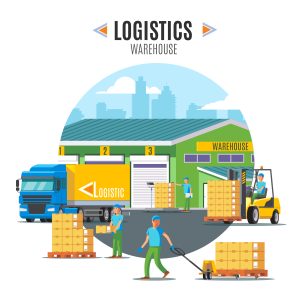
Imagine a fleet of self-driving trucks efficiently delivering goods across the country. That’s the future that automation is bringing to the logistics and freight industry.
- Round-the-clock operations: Unlike human drivers, autonomous vehicles can operate 24/7 without breaks. This will significantly increase efficiency and reduce delivery times.
- Cost reduction: As automation improves, it could also lead to a reduction in labor costs, further making logistics more economical and reliable.
Also Read: How Robotics Technology is Changing the Logistics Industry
The Impact on Real Estate
 The convenience of autonomous cars might just reshape the real estate industry.
The convenience of autonomous cars might just reshape the real estate industry.
- Urban-rural shift: With less stressful commutes, people might be willing to live further away from city centers. This could cause a shift in real estate demand from urban to suburban or even rural areas.
- Redesign of urban spaces: As self-driving cars become mainstream, city planners will have to reconsider parking spaces and road designs. This could lead to a significant transformation of urban landscapes and property values.
The impact of automation in the automotive industry goes beyond what meets the eye. It’s a domino effect, transforming not just how cars are made or driven, but also how we insure them, how we transport goods, and even where we choose to live. The future, it appears, is geared up to be more automated and connected than we ever imagined.
Boost your business performance with our automation solutions!
Impact on Energy Sector
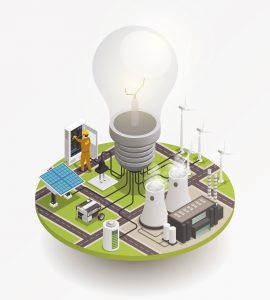
Automation in the automotive industry has significant implications for the energy sector as well. As electric autonomous vehicles become the norm, we’re likely to see a dramatic shift in energy consumption patterns.
- Reduced oil dependence: There will be a noticeable decrease in oil consumption with fewer traditional, fuel-powered cars on the road. This could significantly alter the dynamics of the global oil industry.
- Increased electricity demand: As the number of electric vehicles grows, there will be an uptick in electricity consumption. This shift could spur further developments in renewable energy generation and battery storage technology.
Also Read: The Role of Automation in Streamlining Banking Operations
Impact on Entertainment Industry

Lastly, let’s discuss an industry you might not associate with automation in cars – the entertainment industry. The transformation of cars into autonomous, mobile lounges could open up new avenues for in-car entertainment.
- Bespoke entertainment experiences: With self-driving cars, your commute time can be converted into leisure time. Imagine catching up on the latest movies, TV series, or even enjoying a live concert right from your car. Companies could start offering tailored in-car entertainment packages, revolutionizing the way we consume media.
- In-car advertising: Brands might seize the opportunity to deliver targeted advertisements based on your location, travel habits, or even the entertainment you consume.
The impact of automation in the automotive industry is indeed sweeping. By transforming sectors from energy to entertainment, automation is setting the stage for a future that is more integrated, efficient, and innovative than we could have ever imagined.
Also Read: Top Ways Robotics Are Making Life Safer
Final Words
The journey to automation in the automotive industry is just beginning. As we navigate this new landscape, we’ll uncover opportunities and challenges that will shape the industry and our experiences within it. The impact of automation in the automotive industry will not just redefine our relationship with cars but will have ripple effects across various sectors, revolutionizing everything from insurance to entertainment. So, strap in, because this ride into the future promises to be a thrilling one.
Are you looking to implement robotics technology into your business? If yes so please feel free to contact us at support@aeologic.com
FAQ
To sum up, here are a couple of frequently asked questions related to this topic:
Will automation cause job losses in the automotive industry?
While automation could displace some traditional roles, it is also expected to create new jobs. These jobs will require different skill sets, focusing more on technology, programming, and maintenance of automated systems.
How soon can we expect autonomous cars to become mainstream?
The timeline for mainstream adoption of autonomous cars depends on a multitude of factors including technological advancements, regulations, public acceptance, and infrastructure development. Experts suggest we could see them become a part of our daily life in the next decade.

I’m Deepika Pandey, an SEO strategist and content writer with 6+ years of experience. I create SEO-friendly content that drives traffic and engages readers. I combine data insights with creativity to help businesses grow their online presence effectively.

